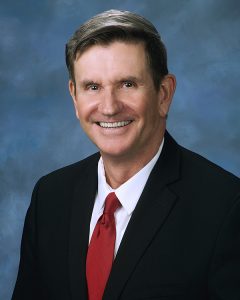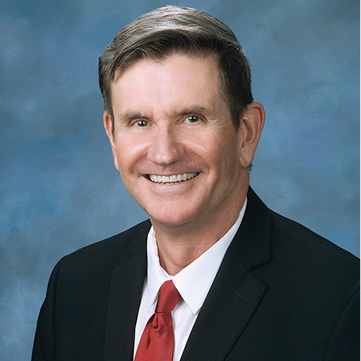 Funds will be used to promote health literacy in underserved populations
Funds will be used to promote health literacy in underserved populations
FORT LAUDERDALE-DAVIE, Fla. – Health literacy is a critically important ability that allows people to become active participants in their health care. Yet, one in three Americans have little to no health literacy skills (National Center for Educations Statistics).
Further, 24 percent of Blacks (9.5 million), 41 percent of Hispanics (21 million), and 29 percent of people 65 or older (12.5 million) have below basic levels of health literacy. This suggests these individuals may be unable to use health information for even the most basic tasks such as following directions on how to take a medicine.
A research team led by Nova Southeastern University’s (NSU) Raymond L. Ownby, M.D., Ph.D., M.B.A., recently received a prestigious R01 grant totaling $2,756,300 over five years from the National Institutes of Health (NIH) to combat this major challenge to develop a user-friendly computer application (app) to help educate people on a variety of chronic health concerns at a level appropriate for them.
“With patients having to navigate an increasingly complex health care system, our goal is to provide people the information they need to manage their health in an easily accessible, personalized way they can understand and use,” said Dr. Ownby, professor and chair, Department of Psychiatry and Behavioral Medicine, NSU College of Osteopathic Medicine.
Examples of some health-related topics the app will address include fatigue, pain or physical discomfort, shortness of breath, sleep problems, depression, anger, stress, memory problems, and medication adherence.
Once developed, the program will be accessible in English and Spanish via an app downloadable from the App Store® or Google Play™ or available through the internet. Users will provide basic demographic information and answer additional questions to determine their health issues and literacy. From there, users will be able to view relevant educational videos with slides and audio narration.
Researchers will test the program at NSU’s campus in Fort Lauderdale-Davie, Florida and at Emory University in Atlanta by measuring how much people learn and how they apply it to their health based on positive results.
The interprofessional research team includes: Dr. Ownby; Amarilis Acevedo, Ph.D., NSU College of Psychology; Ron Chenail, Ph.D., NSU; Michelle Doldren, Ed.D., M.P.H., CHES, Robin Jacobs, Ph.D., M.S.W., M.S.B.I., and Arif Rana, Ph.D., Ed.S., M.S., NSU College of Osteopathic Medicine; Michael Simonson, Ph.D., NSU Fischler College of Education; Kofi Kondwani, Ph.D., M.S., Morehouse School of Medicine; and Sara Czaja, Ph.D., University of Miami.
Research reported in this publication was supported by the National Institute On Minority Health And Health Disparities of the National Institutes of Health under Award Number R01MD010368. The content is solely the responsibility of the authors and does not necessarily represent the official views of the National Institutes of Health.

